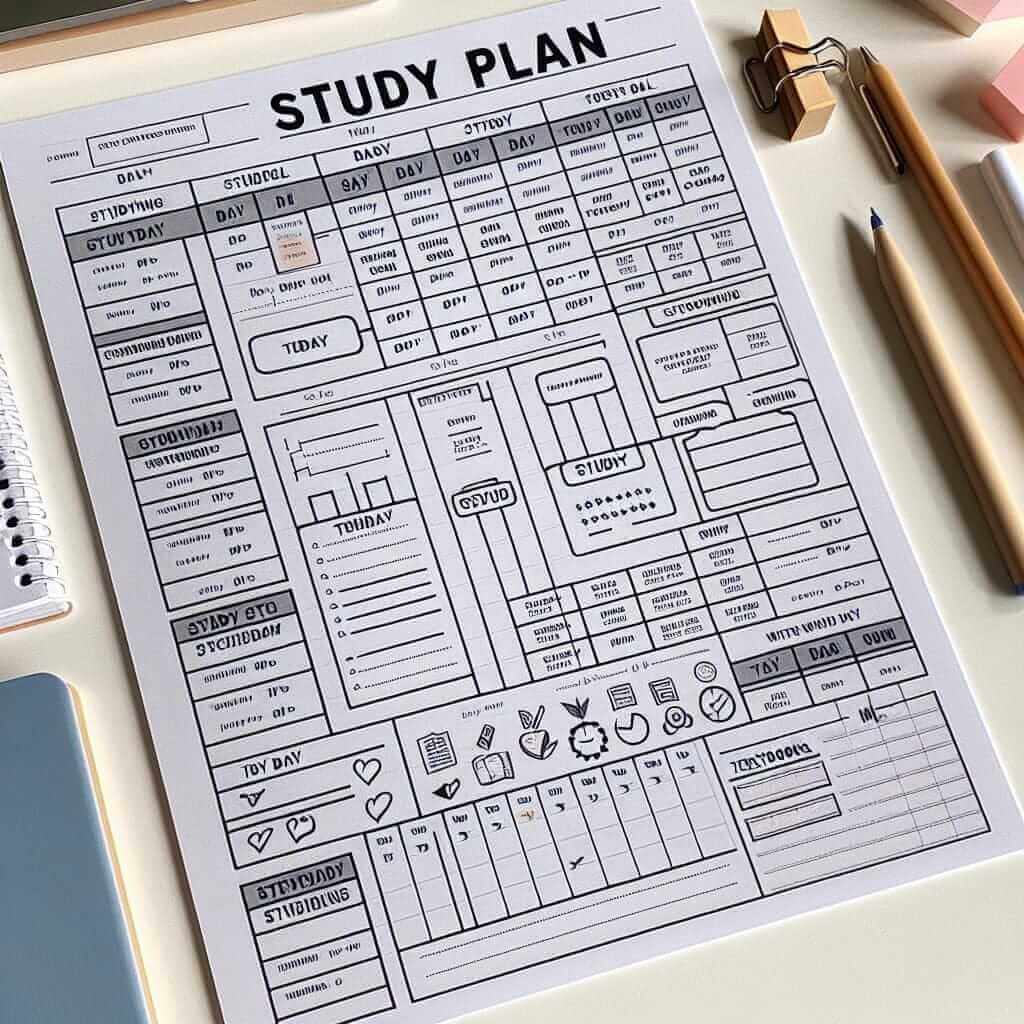As an IELTS instructor with over 20 years of experience, I often get asked, “How many hours should I study to improve my IELTS score by 1 band?” While there’s no magic number, understanding the factors at play can help you create a personalized study plan.
Factors Influencing Study Time
Several elements influence how much time you need to dedicate to IELTS preparation to see a one-band improvement:
1. Your Current English Proficiency Level:
Naturally, a candidate starting at a Band 5 will require more study time to reach Band 6 than someone aiming to move from Band 7 to Band 8.
2. Targeted IELTS Band Score:
Higher band scores demand greater accuracy, fluency, and complexity in language use. Therefore, progressing from Band 6 to 7 might take longer than moving from Band 5 to 6.
3. Learning Style and Strategies:
Some individuals are quick learners, while others need more time to process information. Utilizing effective learning techniques can significantly impact your progress.
4. Study Resources and Environment:
Access to quality resources, like practice tests and online courses, combined with a conducive learning environment, can optimize your study time.
Creating a Realistic Study Plan
While the exact number of hours varies, a structured approach can maximize your efforts:
1. Assess Your Current Level:
Take a full-length IELTS practice test to identify your strengths and weaknesses across all four sections (Listening, Reading, Writing, and Speaking).
2. Set Realistic Goals:
Aiming for gradual improvement, like 0.5 to 1 band score increase every few weeks, can be more motivating than expecting drastic changes overnight.
3. Dedicate Consistent Time:
Allocate a specific number of hours per day or week, ensuring regularity is key. Even 30 minutes of focused practice is better than sporadic, lengthy sessions.
4. Focus on Weak Areas:
Allocate more time to sections where you scored lower on the practice test. For instance, if your writing needs improvement, dedicate extra time to practicing essays and learning grammatical structures.
5. Utilize Diverse Resources:
Explore various IELTS preparation materials, including textbooks, online platforms, and mobile applications, to keep your learning engaging.

Example Study Plan for a 1 Band Improvement:
Goal: Improve from Band 6 to Band 7
Timeframe: 3 months
Schedule:
- Weekdays: 1.5 hours (30 minutes for each section)
- Weekends: 2 hours (1 hour for practice tests, 1 hour for reviewing mistakes)
Resources:
- Official IELTS practice materials
- Online IELTS courses
- English grammar books
Tips for Effective IELTS Preparation:
- Practice Regularly: Consistent practice familiarizes you with the test format and reduces anxiety on exam day.
- Focus on Time Management: Each IELTS section has time constraints, so learn to pace yourself during practice tests.
- Seek Feedback: Request feedback from experienced IELTS tutors or English language teachers to pinpoint areas needing improvement.
- Stay Motivated: Set small, achievable goals, and celebrate your progress to stay engaged throughout your IELTS journey.
Conclusion
While “how many hours” remains subjective, committing to a structured study plan, leveraging effective resources, and focusing on your individual needs can significantly increase your chances of achieving a 1 band improvement in your IELTS score. Remember, consistency and perseverance are key!